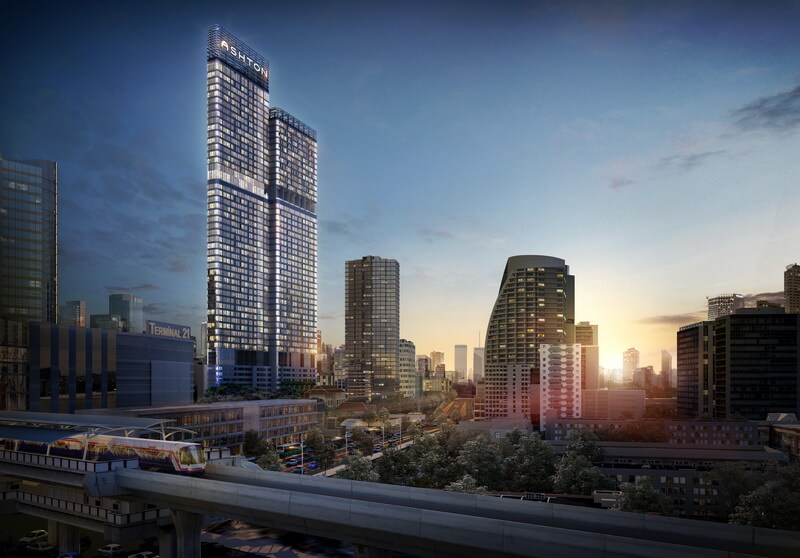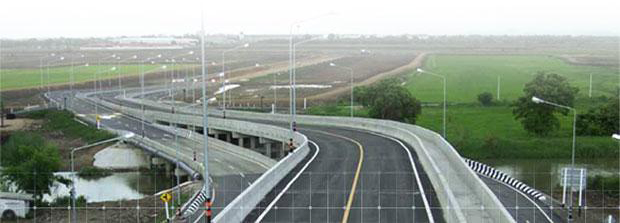
Thai Court’s withdrawal of Bangkok’s Ashton Asoke condominium Permit is a pricey lesson for every land developer
Bangkok Post Editorial
On Friday, the Administrative Court ruled to withdraw the permit for the 6.5-billion-baht Ashton Asoke condominium project, a swanky 50-storey high-rise residential building — saying the project violated the Building Control Act as it does not have an exit onto Asoke Road.
Construction had wrapped up and 80% of its rooms had already been sold, but the court ultimately decided that the project’s exit onto Asoke Road is actually located on an adjacent plot of land owned by the Mass Rapid Transit Authority — which the developer claimed to have legally leased.
The problem actually began a few years ago, when several residents living on Soi Sukhumvit 19, led by the president of the Stop Global Warming Association, asked the court to look into the project’s approval process. The plaintiffs named in the lawsuit several people who were in charge of the project’s permits, including the director of Wattana district, the director of the Bangkok Metropolitan Administration’s (BMA) Department of Civil Works, Bangkok governor Aswin Kwanmuang, the governor of Mass Rapid Transit Authority of Thailand (MRTA), as well as the committee that approved the project’s environmental impact assessment.
The verdict shows that there is a serious problem in the way government agencies approve permits for the construction of high-rise projects, which needs to be resolved as soon as possible to protect prospective homebuyers, as well as communities surrounding the project in question.
The case should serve as a pricey lesson for every land developer — that they must respect existing laws and listen to the community’s opinions before proceeding with an ambitious project.
The Ashton Asoke isn’t the first condominium project that has been entangled by similar lawsuits. Over the past decade alone, several high-rise development across the greater capital region have become subjects of lawsuits filed by neighbouring communities and environmental activists over building code and/or pollution violations.
A notorious example is the Aetas Residence — a 20-storey hotel and serviced apartment on Soi Ruamrudee in Pathumwan district. On Dec 2, 2014, the Supreme Administrative Court ordered the BMA to demolish the upper levels of the project’s buildings, saying it breached a Building Control Act clause that limits buildings constructed on roads narrower than 10 metres to eight storeys.
The court ordered the demolition to be completed within 60 days of the verdict, and the BMA has repeatedly pledged to carry out the job. Governor Aswin had even publicly estimated that the demolition would cost around 200 million baht, which would be shouldered by the developer.
That said, six years on, the building is still standing.
The ruling has a far-reaching effect. Following Friday’s verdict, the project’s developer lodged an appeal with the Central Administrative Court, but the news had already sent the developer’s share price tumbling on the stock market. But what’s most worrying is the welfare of homebuyers. The government must ensure they are well protected.
Since the ruling was made public, state officials who approved the project’s permit have been conspicuously quiet. The National Anti-Corruption Commission (NACC) must look into this case and identify the culprits. The outcome of the investigation must be published and the wrongdoers must be held accountable.
Anything less will allow similar mistakes to happen again.
Source: https://www.bangkokpost.com/opinion/opinion/2158863/permit-u-turn-a-costly-error



